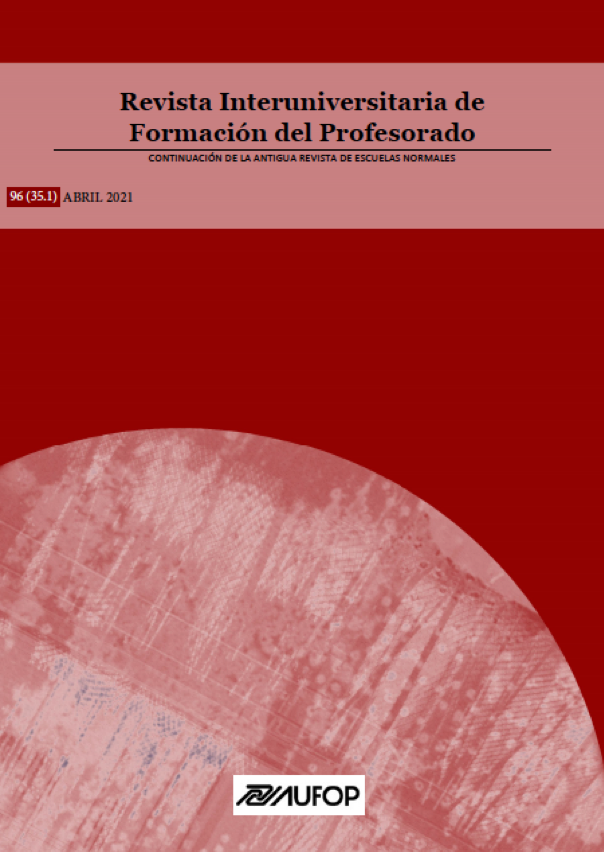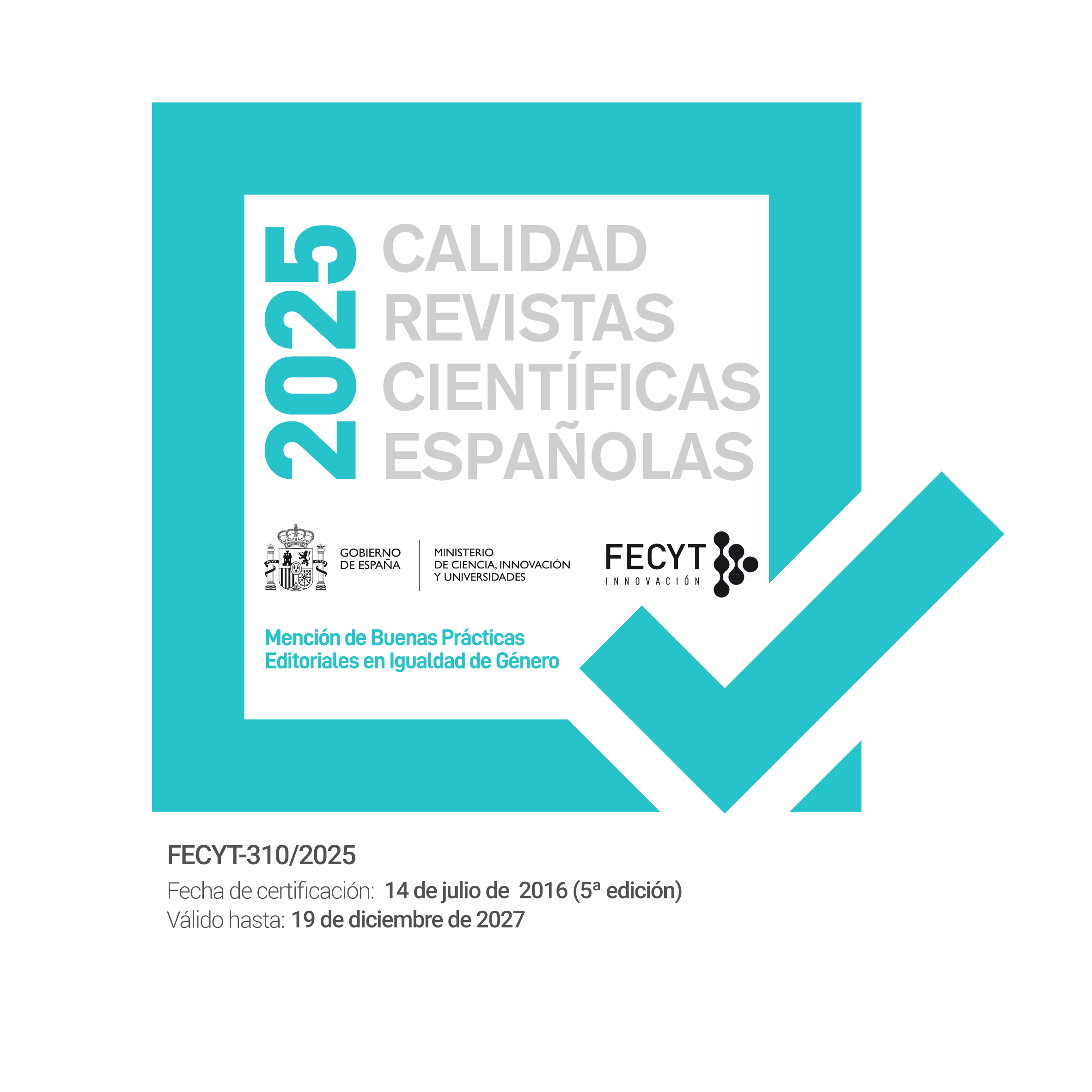Transitions to democracy in Spain and Portugal as Difficult Pasts. Social Representations of Secondary Education Preservice Teachers
DOI:
https://doi.org/10.47553/rifop.v96i35.1.81973Abstract
Results of a qualitative research of phenomenological type are offered on the representations and attitudes of a sample of Spanish and Portuguese preservice teachers of secondary education related to the teaching of the transitions from dictatorship to democracy in Spain and Portugal. The research involved 39 preservice teachers of secondary education who were studying at the universities of Santiago de Compostela (24) and Porto (15), with an average age of 25.9 years and a balanced distribution in terms of gender. Information was collected by means of a questionnaire with open, multiple response and Likert scale items. Participants were asked for relevant characters and events of the transitions in both countries, a selection of key ideas to take to the secondary classrooms, and the degree of agreement with four different attitudes of teachers when teaching difficult pasts such as the dictatorship-democracy transitions
Downloads
Published
How to Cite
Issue
Section
License
The "Revista Interuniversitaria de Formación del Profesorado (RIFOP)", with ISSN print 0213-8646 and ISSN electronic 2530-3791), adheres to the copyright notices proposed by Creative Commons
Authors’ rights
Papers published in the journal are subject to the following terms:
1. The Asociación Universitaria de Formación del Profesorado (AUFOP) is the editor of the RIFOP and holds the copyright of the papers published therein. The reuse of these is allowed under the license for use as indicated under point 2.
© Asociación Universitaria de Formación del Profesorado (AUFOP)
2. The papers are published in electronic version under the license CreativeCommons Reconocimiento-NoComercial-SinObraDerivada 3.0 España (texto legal). Papers can be copied, used, disseminated, transmitted and publicly exhibited provided that: i) the authorship and original publication source are cited (journal, editors and URL of the paper); ii) they are nit used for commercial gain; iii) the existence and specifications of the license for use are mentioned.
3. Auto-archiving conditions. Authors are allowed and encouraged to disseminate electronic pre-print versions (versions prior to peer review) and/or post-print (versions reviwed and accepted for publication) of their papers prior to their publication, since this favors prompt circulation and dissemination and supposes a possible increase in cites and scope within the academic community.
Privacy declaration
The names and email addresses incorporated into this journal will be used solely for the declared purposes of the journal and will not be available for any other purposes or to third parties.






